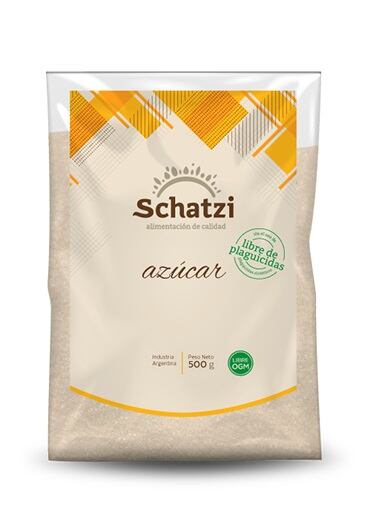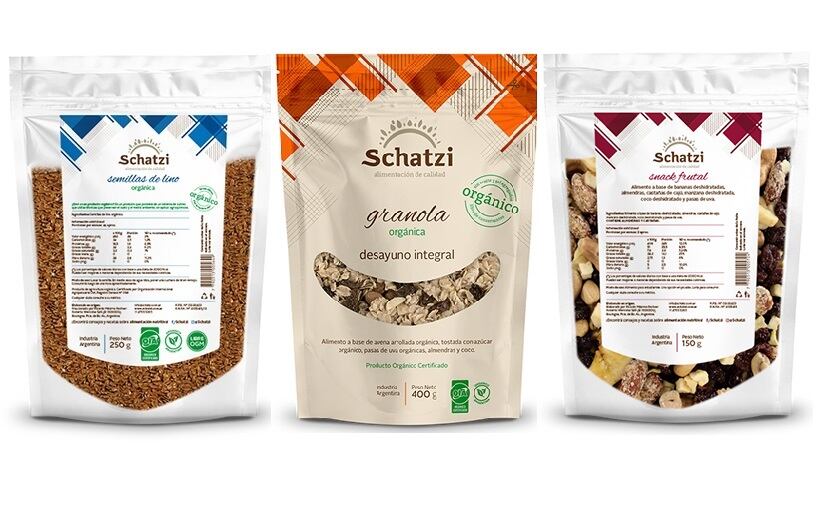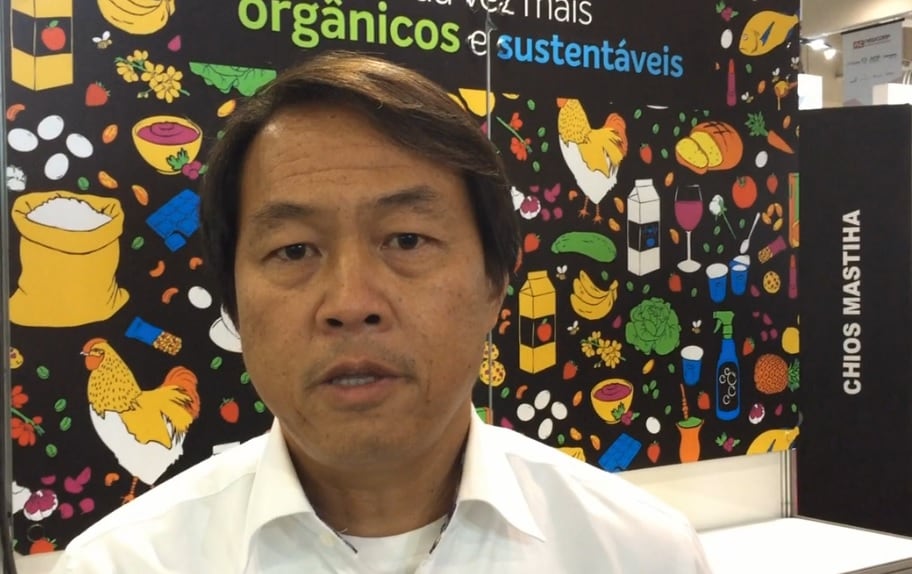“Our possibilities are unlimited: to export our products, develop new ones, build additional productive capacity and also open new distribution channels,” the company told FoodNavigator-LATAM. While growing is important for them, their main motivation is to continue being a family that makes products as a way of life. In that sense, it is important to say that they were pioneers in this type of products and knew how to create a market that didn’t exist before.
Argentina has endured some difficult times since the Fechser family founded Schatzi at the beginning of the 1980s. After managing to keep the company active in the market, today are widely recognized in the domestic market.
Anthroposophy as a life style
More than thirty years ago, mobilized by healthful life issues, this anthroposophical family began with an artisanal primary industry in their home kitchen. “What we sell is what we eat,” the company told us when remembering their beginnings. “Just a short time later we sold a family property and used that money to make our dream come true: we started to produce, process, and elaborate healthy foods”.
From those distant beginnings three decades ago, the Fechsers went on to capitalize little by little managing to buy a processing plant and a 1500 square meters deposit in the 1990s where they prepare and condition a wide range of organic products, among them rice, soy, sugar, healthy snacks, granola and several seeds.
“In Schatzi we select and buy organic raw material which we classify by size and general quality; afterwards we store the products in our storage chambers under strict conditions,” they say.
“Our star product is the unprocessed flax seed and our customers, who are well informed about the qualities of this product, buy it not only because of its virtues and benefits but also because they are aware of the health benefits of consuming organic products. Our flax seeds concentrate several attributes the consumers value a lot”, they say.

But as they found it was not enough with their own production, in 2005 they started incorporating raw material from Molinos Ingal, another family business that until then was mainly dedicated to exporting organic grain, and now began selling their products in the domestic market through Schatzi.
“We cherish the product traceability as a quality warranty,” said the company. “Each package sold has the registry of the producer, allowing it to be traced. And although we sell organic products from the very beginning, we obtained the appropriated certification just in the year 2000”, they say.
Nowadays they sell their products through some of the most important supermarket chains of Argentina (Jumbo, Coto and Walmart, among others), but they also distribute to stores specialized in dietetic products and directly through some organic markets organized by the government of the city of Buenos Aires. In the style of organic and sustainable food fairs in London and New York, the same producers coordinate the logistics, communication and identity of the products they sell, promoting the environmental, health and social benefits of the organic food consumption.
Organic agriculture in Argentina
From the commercial standpoint, Argentina categorizes organic food as “differentiated” products, since they follow strict regulations that guarantee their precise qualities (for example: absence of residues of synthetic substances and of GMOs, as well as improvements in the nutritional, health and organoleptic quality) and also indirectly its productive surroundings (for example: environmental protection through the use of methods that preserve, maintain or increase the soil fertility, enrich biodiversity, take into consideration animal welfare, among others).
Therefore, all processes and organic products, from growth to market, are part of the identification and labeling the packaging will show. You can tell that process (the product history) through the traceability, one of the fundamental pillars of the system, essential tool to fulfill regulations. Like a time-line where everything remains registered, “tracing” a product assures that the production conditions have been the adequate ones.
Argentina: some numbers
Today there are around 3.2 million hectares of organic production in Argentina, with the vast majority (2.9 million hectares) being for livestock production, and the rest (203 thousand hectares) for crop production. As for exports, the main destination is the United States, especially products of vegetal origin (sugar cane, soybean, pears, apples, wheat, wine and rice), industrialized products (sugar cane and mashed pears and apples) and fruits. Argentina also exports wool and honey.
In the domestic market, the situation is completely different since the volume of products certified for final consumption is still very low. The sales are typically done through local fairs or through deliveries direct from the producer to the consumer.
The low level of participation of these products in the domestic market is due, among other things, to insufficient knowledge concerning organic products the consumers have, the insufficient presence of this kind of products in the massive distribution channels, the price spread they present compared to conventional products and, finally, the lack of local policies for the development and diffusion of the sector.
This is why 20 years ago Argentinian organic food producers decided to form the Argentine Movement for Organic Production (MAPO), a non-profit and non-governmental organization that promotes organic production. Scientists, consumers, certifiers, researchers, educators, business people, and retailers among others take part of this important movement. MAPO’s mission is to achieve that Argentine organic products become a part of our everyday diet, improving our life quality, the environment and that of the future generations. And so far the achievements have been positive, since even though it is a small local market, the number of organic food consumers grows every day.


